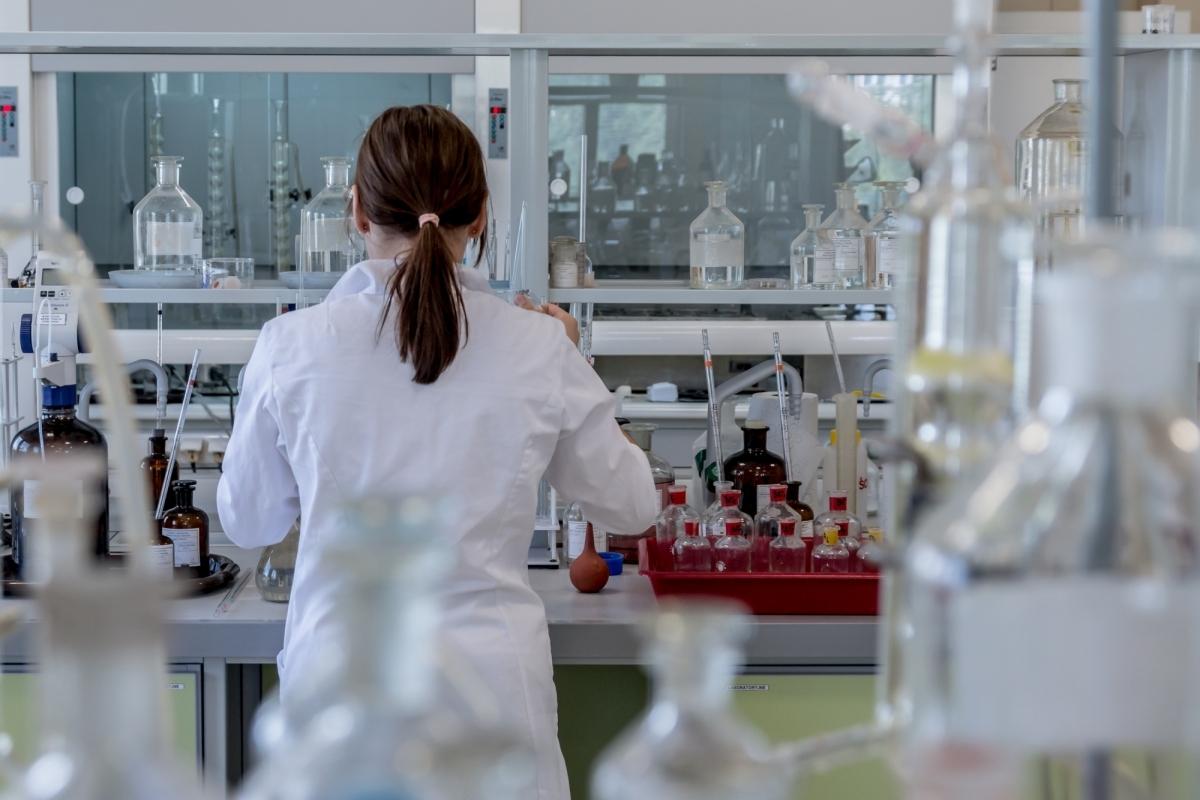
The healthcare sector is spearheading the innovation in nanotechnology, with its applications extending to diagnostics, drug delivery, and medical imaging. This is according to a recent report by GlobalData, a data and analytics company. The potential of nanotechnology to transform numerous industries is immense, with a growing demand for sustainable materials, environmental remediation, faster electronics, and innovative therapies. The report underscores that the healthcare and technology sectors are currently at the vanguard of innovation, witnessing rapid commercialization. In the technology sector, nanotechnology is enhancing the performance of electronic devices, propelling the next era of advanced computing.
Isabel Al-Dhahir, Principal Analyst, Thematic Intelligence at GlobalData, stated that the commercialization of nanotechnology varies greatly by sector due to a combination of factors. The first is the level of investment in research and development in each sector. Industries such as technology and healthcare have seen faster commercialization due to high investment. However, the journey to commercialization is not without its hurdles. The complexity and regulatory challenges associated with bringing nanotechnology products to market, coupled with mixed consumer perception of nanotechnology products in food and consumer goods, can impact commercialization rates. The report also highlighted that gaining regulatory approvals is crucial to boost the commercialization of advanced technology. This is further complicated by regional divergence in regulation and unclear frameworks. Al-Dhahir noted that the rapid pace of technological advancements in nanotechnology has outpaced the development of regulatory frameworks, leaving gaps in oversight and enforcement.
Despite these challenges, countries like the US, China, and some in the European Union are heavily investing in nanotechnology to secure a competitive edge in the global market. They believe that nanotechnology can drive economic growth and address critical societal challenges. Historically, similar technological advancements have faced regulatory and adoption challenges. For instance, the introduction of genetically modified organisms (GMOs) in the food industry faced significant regulatory hurdles and public skepticism. However, with time and increased understanding of the technology, GMOs have become widely accepted and used in various sectors.

The report also showed that the potential risks and benefits of nanotechnology are still being studied. This makes it more challenging for regulators to establish proper guidelines without sufficient scientific evidence. In the context of healthcare, nanotechnology is being explored for possible use in the treatment of viral infections. The unexpected outbreak of SARS-CoV-2 has retarded the modalities to regulate the damage. The policies including social distancing, unprecedented strict lockdown, vaccination, and wearing face masks have been introduced to control the contagious disease.
The healthcare sector is pioneering the use of nanotechnology, with potential applications in diagnostics, drug delivery, and medical imaging. Despite regulatory challenges and mixed consumer perceptions, countries are heavily investing in this technology, believing it can drive economic growth and address societal challenges. As with previous technological advancements, it is expected that with time and increased understanding, nanotechnology will become widely accepted and used across various sectors. The future of nanotechnology looks promising, with its potential to revolutionize numerous industries and contribute to economic growth and societal development. However, the journey to its full realization will require overcoming regulatory hurdles, gaining consumer acceptance, and ensuring ethical use.

















